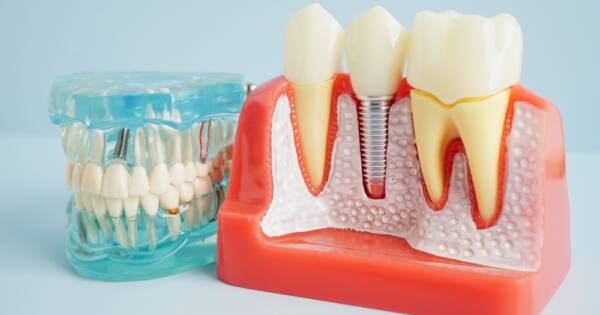When managing kidney disease, it’s crucial to be aware of certain medications that can worsen the condition or cause further damage to the kidneys. Some over-the-counter and prescription drugs can impact kidney function, sometimes without clear symptoms. Knowing which medications to avoid is key to protecting your kidneys and maintaining overall health. Always consult with your healthcare provider to ensure any medications you’re taking are safe and suitable for your specific needs.
Cholesterol Medications: Adjusting Statins for Kidney Health
Cholesterol-lowering medications, particularly statins, are commonly prescribed to reduce the risk of heart disease. However, when kidney function is impaired, statin medications may need to be adjusted. This is because the kidneys help process and remove statins from the body, and when they aren’t functioning properly, these medications can build up and potentially cause muscle damage or other side effects.
If you have kidney disease, your doctor may need to lower the dosage or switch you to a different type of cholesterol medication that is safer for your kidney health. Always consult your healthcare provider to ensure you’re getting the most suitable treatment.
Pain Medications: Avoiding NSAIDs and Adjusting Narcotics
Pain relief is crucial, but certain pain medications can be harmful to individuals with kidney disease. Nonsteroidal anti-inflammatory drugs (NSAIDs), such as ibuprofen and naproxen, can reduce blood flow to the kidneys, leading to further damage.
In addition, narcotic pain medications may accumulate in the bloodstream, posing risks of toxicity, especially if kidney function is compromised. For those with chronic kidney disease, your doctor may suggest alternative pain management strategies or prescribe kidney-safe options that won’t exacerbate kidney damage. Always discuss pain relief options with your healthcare provider to find the best solution for your condition.
Anti-Microbial Medications: Choosing the Right Treatment for Kidney Function
Many anti-microbial medications, including antibiotics, antifungals, and antivirals, are filtered and excreted by the kidneys. If your kidneys aren’t functioning properly, these medications may accumulate in the body and cause adverse effects, such as toxicity or kidney damage.
It’s essential to be aware of your kidney health when being prescribed these medications, as your doctor may need to adjust the dosage or choose a different medication that is safer for kidney function. Regular monitoring of kidney function and working closely with your healthcare provider will ensure that the right anti-microbial treatment is selected without compromising your kidney health.
Diabetes Medications: Adjusting Insulin and Other Treatments
Diabetes is a leading cause of kidney disease, and managing blood sugar levels is crucial for individuals with both conditions. Many medications used to control diabetes, including insulin and oral medications, are processed by the kidneys. If kidney function is impaired, the effectiveness and safety of these medications may change.
For those with chronic kidney disease, adjustments in dosing or switching to a different diabetes medication may be necessary. Regular monitoring of blood sugar levels and kidney function is important to ensure that your diabetes treatment plan is effective and doesn’t put additional stress on your kidneys.
Upset Stomach and Antacid Medications: Risks with Kidney Disease
Over-the-counter antacid medications, often used to treat acid reflux or upset stomach, can disrupt the body’s electrolyte balance, especially in individuals with chronic kidney disease. Some antacids contain high levels of sodium, magnesium, or calcium, which can strain the kidneys and lead to imbalances in the body.
If you have kidney disease, it’s important to consult with your doctor before using these medications regularly. Your healthcare provider can recommend safer alternatives that won’t negatively impact your kidney health or disrupt your electrolyte balance, helping you manage gastrointestinal symptoms without compromising your kidney function.
Never Stop Taking or Adjust Medications Without Consulting Your Doctor
While it’s essential to avoid certain medications or adjust dosages if you have kidney disease, it’s equally important never to stop taking prescribed medications without consulting your doctor. Discontinuing essential medications can lead to serious health complications. Instead, talk to your healthcare provider about any concerns you have regarding your medications, especially if you have kidney issues.
Your doctor can provide alternative medications, adjust dosages, or recommend lifestyle changes that can help manage your health while safeguarding your kidneys. Always ensure that any changes to your medication regimen are made with professional guidance to maintain your overall health and well-being.
Prioritizing Kidney Health: A Balanced Approach to Medication Management
Managing kidney disease requires a careful balance of treatments and medication adjustments to avoid further harm to the kidneys. By understanding which medications may need to be adjusted or avoided, you can work closely with your healthcare provider to ensure the safest and most effective treatment plan.
Always communicate openly about your medications and any concerns you may have, as this collaborative approach can help preserve your kidney health. With regular monitoring and professional guidance, you can navigate your treatment options and continue to manage your health effectively while protecting your kidneys.





